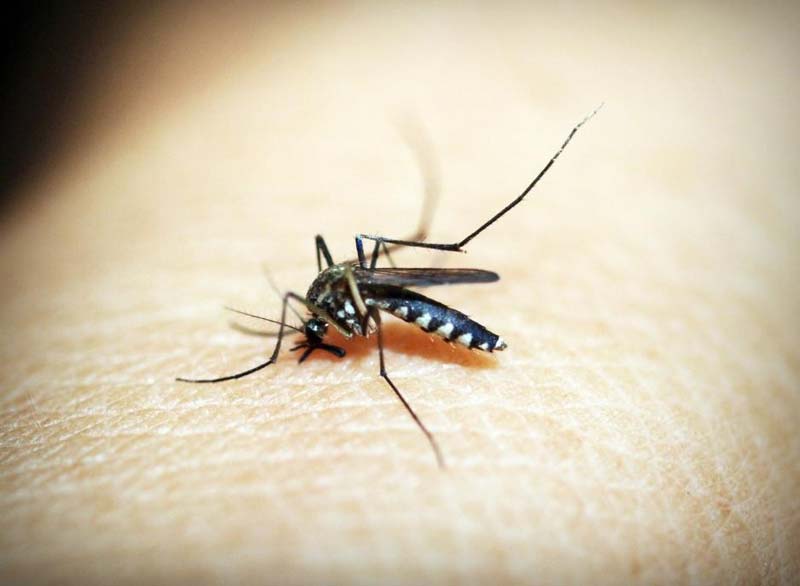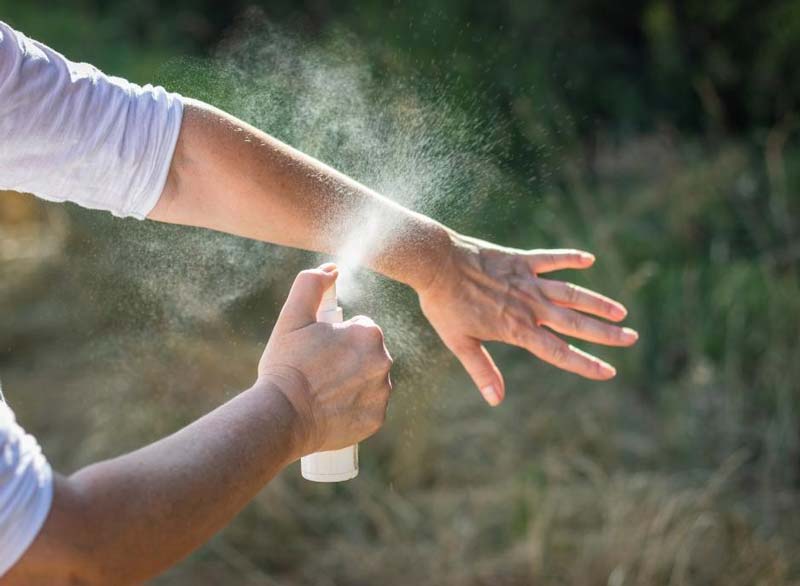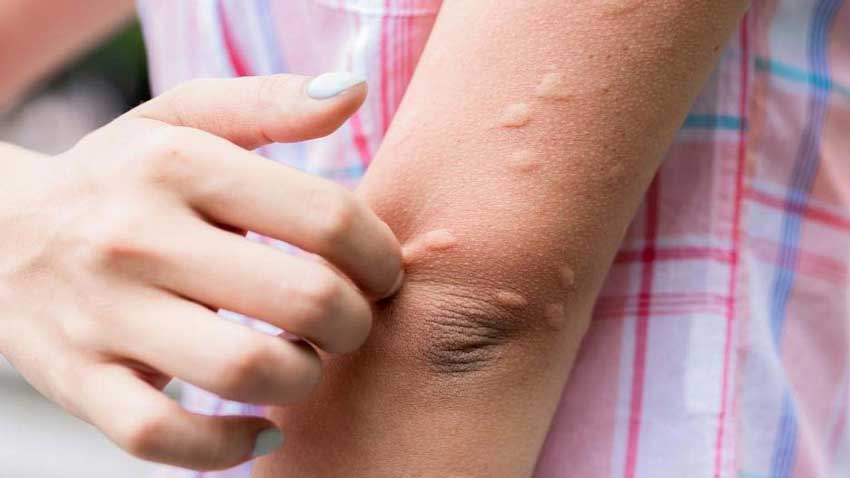With climate change comes rising temperatures and unfortunately, it’s influencing the spread of mosquito-borne diseases. These diseases are reaching further than ever before. The Victorian Department of Health has issued a warning about one mosquito-borne disease, Japanese encephalitis that is now present in Victoria.
What is Japanese encephalitis?
Japanese encephalitis virus (JE) is a rare disease that is passed on to humans by mosquitos. It is a virus that was usually only seen rarely in Asia and in the far northeast of Australia in pigs and horses which is why it is called a zoonotic disease. We are now seeing JE in humans.
The Japanese encephalitis virus is related to dengue, yellow fever, and West Nile virus. There is no cure for the disease. Diagnosis is usually made via a blood test. Treatment is focused on addressing severe clinical signs as well as management of the infection so patients are able to overcome it.
How is it spread?
Japanese encephalitis is spread through infected mosquitoes, specifically, the subspecies called Culex. The virus is sustained in a cycle between mosquitoes and vertebrate hosts which include pigs and water birds. Humans are dead-end hosts because we do not develop high concentrations of the virus in our bloodstream unlike pigs and water birds.

Transmission of Japanese encephalitis occurs primarily in rural agricultural areas that are often associated with areas at risk of flooding.
In Asia, these types of areas see Japanese encephalitis transmission seasonally. It usually peaks in the summer and autumn. However, in the subtropics and tropics, the spread of the virus can appear all year round, with high transmission rates during the rainy months.
What are the Symptoms?
In most cases, infected individuals will be asymptomatic. However, the most common symptoms are in humans are:
- Fever
- Neck stiffness
- Headache
- Disorientation or dizziness
- Tremors
- Seizure
The disease can cause people to have inflammation of the brain leading to prolonged unconsciousness (coma) and in some cases, death.
Symptoms will start to develop between day 6 and day 15 after being bitten by an infected mosquito. Please seek medical attention if you are suffering from any of these symptoms.
Are you at risk?
Individuals most at risk include people who work with pigs or livestock as well as people who work in the outdoors or near mosquito breeding areas such as rivers, lakes, or ponds.
Elderly people and children under the age of 5 are at higher risk of developing more severe symptoms of Japanese encephalitis.
Currently, there are confirmed cases of Japanese encephalitis in piggeries in Victoria. There have been 3 deaths, 1 of which was also in Victoria.
Is there a vaccine?
Yes, there are two vaccines available for Japanese encephalitis. Children older than 9 months and adults can be vaccinated against the disease. These vaccinations are recommended if you are at risk of catching the disease or if you are planning to travel to Asia or the Torres Strait Islands.
How can I protect myself?
To avoid being bitten by mosquitoes, ensure you are keeping your garden clean and making sure water cannot collect in areas around your yard like empty pot plants. Replacing the water in dog bowls can help too. These small pools of water make perfect breeding grounds for mosquitoes. Additionally, further protection for you and your family if you are concerned you are at risk is to get vaccinated which you can get through your GP. If you are planning on being in the outdoors for an extended period or if you are going camping- use insect repellent, wear protective gear or full-length clothing and make sure you sleep under a mosquito net to limit the possibility of being bitten and becoming infected.

Here is a list of some ways you can protect yourself and your home from mosquitoes.

